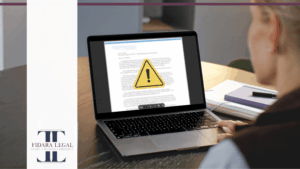Intellectual Property in AI Development: Who Owns the Code and the Output?
The increasing use of generative artificial intelligence and machine learning to create services or products raises challenging questions about who owns the intellectual property produced by the technologies. Entrepreneurs and developers face unique challenges when dealing with AI-generated projects and the code used to create them.
Ownership of AI-Generated Content
Entrepreneurs and their developers often wonder who holds the rights to AI-generated outputs. Before getting too far into the topic, it is important to note that there are 4 different types of intellectual property: patents, copyrights, trademarks, and trade secrets. On the topic of copyrights, federal copyright law does not protect work created solely by machines, and the final work must have some level of “human selection and arrangement.” On the topic of patents, an invention created using AI can only be protected if a human has provided a “significant contribution.” Ultimately, whether someone can protect what they created using AI under the current copyright or patent laws will depend on the level of human involvement in the creation.
Additionally, entrepreneurs or developers who put their proprietary data into public AI models that use prompts and inputs to train the public AI models may be breaching non-disclosure agreements and confidentiality agreements. Putting certain non-public proprietary information into these AI models may also impede your right to protect the information under state trade secret laws.
Protecting Proprietary Data and Code from Exposure
If you desire to put your non-public proprietary information into an AI system to leverage the technology to improve your product or service, it is essential that you understand the contractual rights and obligations of the AI system you are using. If you work in a highly regulated industry, such as the health or finance industry, I recommend using an industry-specific AI system because these systems generally are more likely to comply with the laws and regulations in your industry. Favorable AI systems will have terms and conditions that clearly outline ownership of the processed data and the AI-generated content.
Entrepreneurs and developers should work with legal experts familiar with state and federal contracts, intellectual property, and data protection laws and regulations to strengthen their claims to their intellectual property.
Get a deeper understanding of intellectual property in AI development by connecting with Ferguson Legal. You can reach out to Ferguson Legal, PLLC, through our contact form for a consultation.






